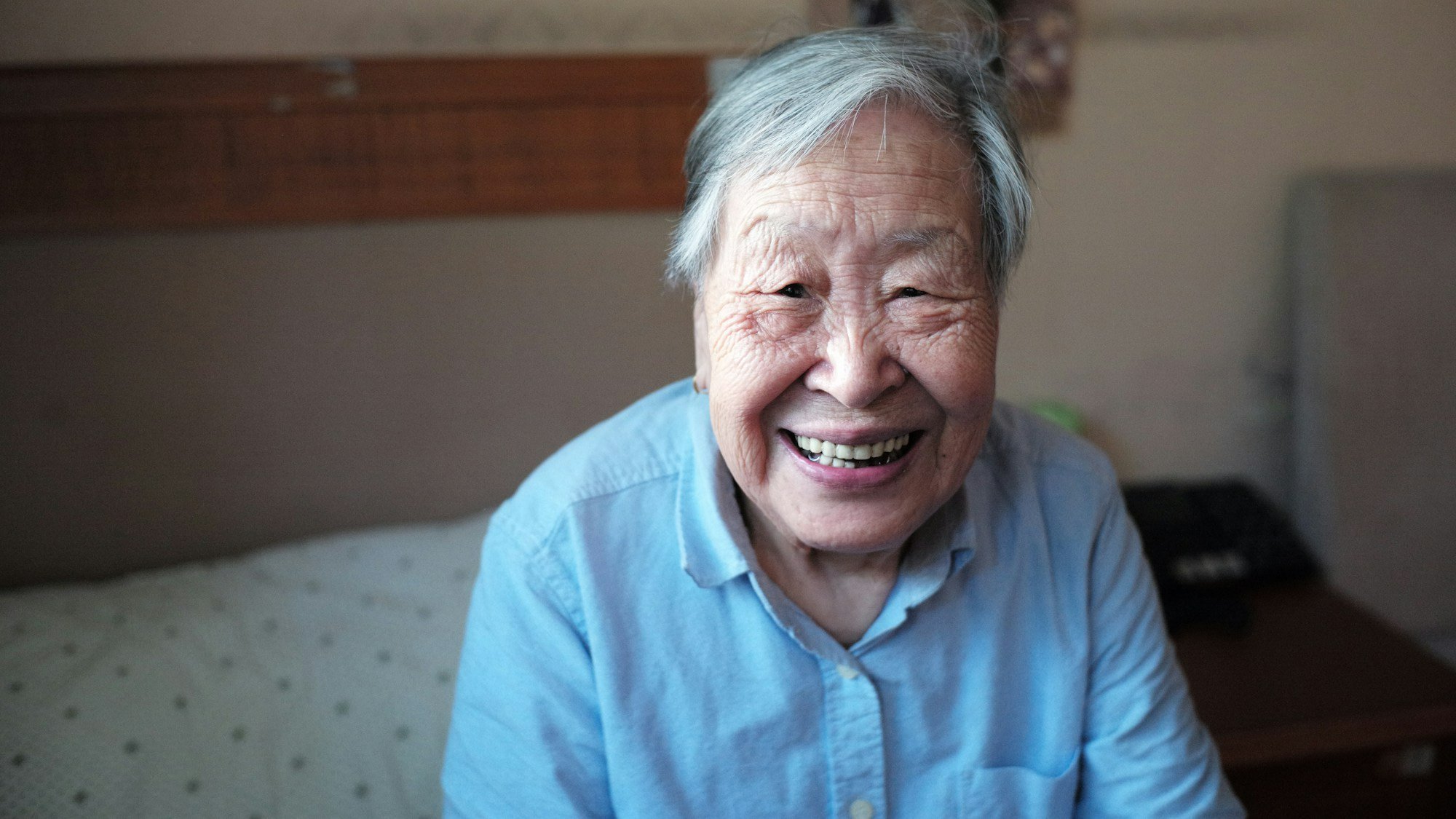Caregiving for aging parents is one of the hardest responsibilities you may face. The emotional strain, constant stress, and physical exhaustion can wear down even the most devoted caregiver. Moreover, feelings of guilt, burnout, and financial pressure add to the difficulty, making it tough to balance your life. However, you’re not alone. Recognizing these struggles can help you find solutions, set limits, and seek the support you need. Let’s examine some of the key challenges caregivers encounter.
Key Takeaways:
- Emotional Challenges: Caregivers often experience grief, guilt, and frustration as parents decline. Role reversal can cause tension, requiring honest communication.
- Burnout Symptoms: Signs include exhaustion, irritation, frequent illness, and emotional numbness. Taking breaks and seeking support can prevent burnout.
- Coping Strategies: Self-care, mindfulness, and counseling help manage stress. Regular exercise, sleep, and social connections are important.
- Setting Boundaries: Clear communication and consistency help manage demanding parents. Seeking additional help can alleviate strain.
- Financial Assistance: Medicaid waivers, VA programs, tax deductions, and state aid can ease caregiving costs.
- Legal Planning: A power of attorney, will, and advance care documents ensure a parent’s wishes are followed.
- Home Care Options: In-home caregivers, home modifications, and assistive devices improve safety and independence.
- Work-Life Balance: Workplace accommodations, scheduling breaks, and sharing responsibilities help caregivers maintain well-being.

What Are the Key Challenges of Caregiving for Elderly Parents?
Caring for an aging parent involves both love and hardship. The shift from being their child to their caregiver can be overwhelming. Many, like Mary, feel deep sadness as their parent's health worsens. Watching an independent parent struggle with daily tasks is heartbreaking.
What Are the Emotional Struggles Caregivers Face?
Grief, guilt, and frustration are common. Firstly, grief comes from witnessing the gradual loss of the parent you’ve always known. Secondly, guilt follows when you feel you’re not doing enough or find yourself struggling with impatience. Lastly, frustration builds when a parent resists help or refuses to recognize their limitations. These emotions can be exhausting; however, they are also natural.
Furthermore, many caregivers, like Mary, take on a parental role. This shift is difficult for both the caregiver and the parent. As a result, parents may feel ashamed about needing help, which leads to tension. Consequently, honest and respectful conversations make a difference. By explaining changes in care clearly and compassionately, you can relieve their concerns effectively.
How Does Caregiver Burnout Affect Mental and Physical Health While Caregiving for Elderly Parents?
Burnout drains energy, disrupts sleep, and can cause health issues. Stress from caregiving can lead to high blood pressure, anxiety, and depression. Some caregivers feel constantly exhausted, snap at loved ones, or experience hopelessness.
Physically, caregiving for elderly parents weakens the immune system, making caregivers more vulnerable to illness. Emotionally, it can strain relationships and leave caregivers feeling isolated. Seeking help—whether from family, friends, or online support groups—is necessary to prevent burnout.
What Are the Signs That Stress Is Becoming Overwhelming?
Warning signs include extreme exhaustion, frequent illness, and emotional numbness. If you start feeling resentful toward your parent, become easily overwhelmed, or lose interest in things you once enjoyed, stress may be taking over. Forgetfulness and constant irritation are also signs.
Ignoring these signals can lead to serious health issues. Taking small breaks and setting limits is necessary. Finding support, whether through counseling or caregiving resources, can make a difference. Caregiver stress is real, but with planning and support, it can be managed.
How Can Family Caregivers Cope with Stress and Prevent Burnout?
Caregiving for elderly parents can be meaningful, but it is also exhausting. The emotional weight of watching a loved one decline, combined with daily caregiving demands, leads many family caregivers to experience caregiver burnout. Without proper coping strategies, stress can significantly impact mental and physical well-being.
What Are Effective Self-Care Practices for Caregivers?
The most effective self-care strategies include setting limits, asking for help, and making time for rest. Regular exercise, healthy meals, and moments of relaxation help caregivers maintain strength. Sleep is crucial—fatigue only makes caregiving harder. Even short breaks improve mood and patience. Counseling or talking with a support group can also provide emotional relief.
How Can Mindfulness Techniques Help Reduce Caregiver Stress?
Mindfulness helps caregivers stay present and manage stress more effectively. Simple breathing exercises can bring calm during difficult moments. Meditating for five minutes a day reduces anxiety. Journaling helps caregivers process emotions and recognize stress patterns. Practicing gratitude, even for small victories, brings a sense of relief. Respecting personal limits prevents exhaustion.
When Should Caregivers Seek Professional Mental Health Support?
Caregivers should seek support if stress leads to constant fatigue, anxiety, or feelings of hopelessness. If caregiving starts affecting work, relationships, or overall health, professional guidance is necessary. A therapist can offer coping tools, and a doctor can check for stress-related health issues. Local caregiver support groups provide both advice and emotional relief. Getting help is not a failure—it’s crucial for long-term well-being.
No one can provide perfect care alone. Using self-care strategies, mindfulness, and professional guidance when needed allows caregivers to protect their well-being while continuing to support their loved ones. Caregiving for elderly parents doesn’t have to be a road traveled alone.
How Can You Set Boundaries While Caring for Aging Parents?
Why Are Boundaries Important in Caregiving for Elderly Parents?
Boundaries protect both the caregiver and the aging parent. Without them, caregivers may experience exhaustion, frustration, and resentment. Many elderly parents expect their adult children to meet all their needs, sometimes without realizing the toll it takes. Setting limits helps manage responsibilities while maintaining physical and emotional well-being. Clear boundaries define what tasks a caregiver can handle and when outside help is necessary.
How Can Caregivers Establish Limits Without Feeling Guilty?
Guilt is common, but it should not dictate decisions. Start by identifying what you can realistically offer, such as emotional support, transportation, or household help. Communicate honestly with your parent about your limits. Use calm and clear language, such as:
- "I can help with grocery shopping, but you’ll need to arrange transportation for appointments."
- "I love spending time with you, but I need personal space to rest."
Saying no is okay when needed while caregiving for elderly parents. Encouraging a parent’s independence, even in small ways, helps maintain dignity and reduces reliance on just one caregiver. If guilt persists, remind yourself that prioritizing your well-being allows you to provide better care.
What Strategies Help in Managing Demanding Elderly Parents?
Some elderly parents constantly seek attention or struggle to accept boundaries. This can stem from fear, loneliness, or cognitive decline. Here’s how to handle it:
- Stay consistent. If you refuse one request but agree to another, parents may push harder next time.
- Follow a schedule. Regular check-ins at set times prevent frequent, unexpected demands.
- Encourage social connections. Help them join activities, attend support groups, or reconnect with old friends.
- Seek outside support. If they repeatedly ignore boundaries, consider hiring an in-home caregiver or involving siblings.
Balancing caregiving with personal life is challenging, but respecting limits ensures better long-term care for both you and your loved one.
Caring for an aging parent is tough. The emotional strain, exhaustion, and financial pressure create significant challenges. Setting limits and seeking support can ease the burden, but caregiving still takes a toll. Managing stress through self-care and mindfulness while staying informed about legal, financial, and care options can help. Honest conversations with your loved one make difficult decisions easier. No one should face this alone—use the available resources, ask for help, and take care of yourself. By protecting your well-being, you can provide better care for your aging parent.
Trust East Arkansas Area Agency on Aging to Find Caregivers for Your Elderly Parents
It can be challenging to find caregivers you can trust to take care of your parents. That’s where we come in. Contact us today about getting in touch with a trusted caregiver you can count on to take care of your parents.


